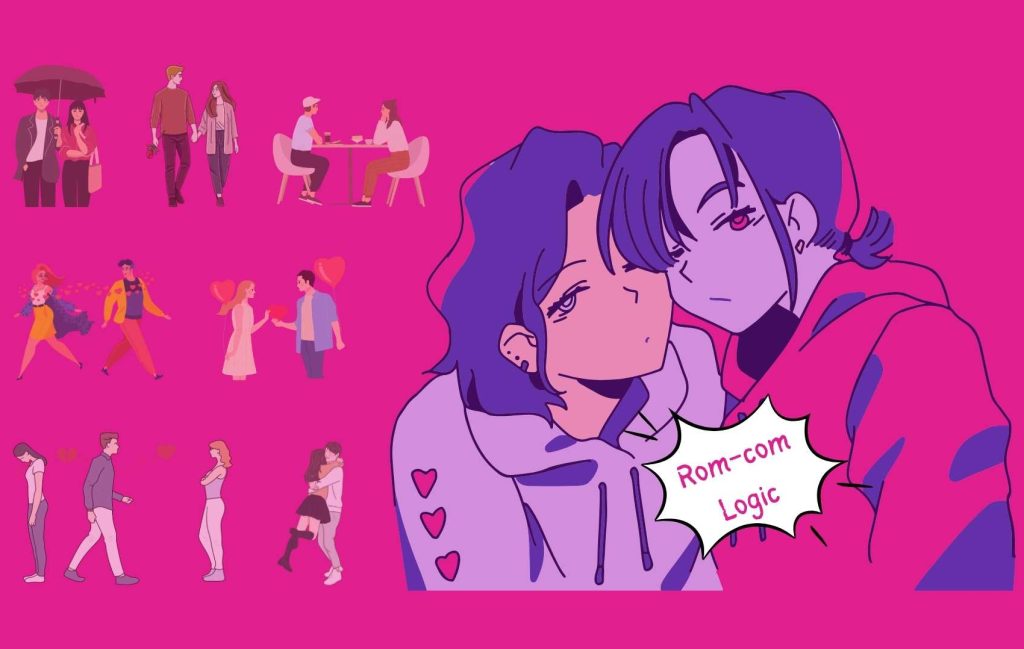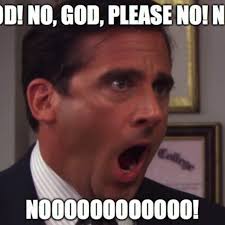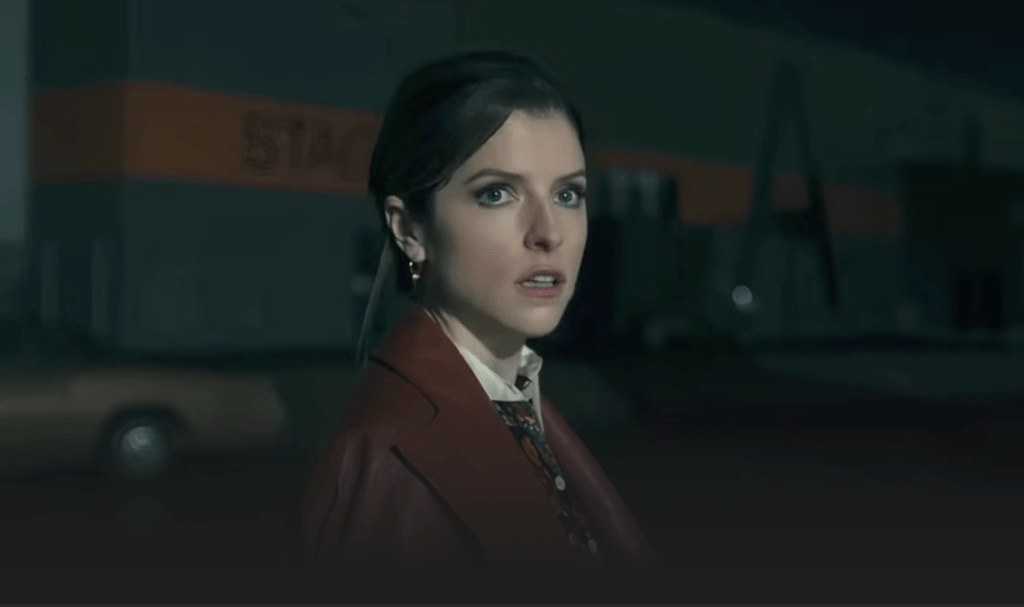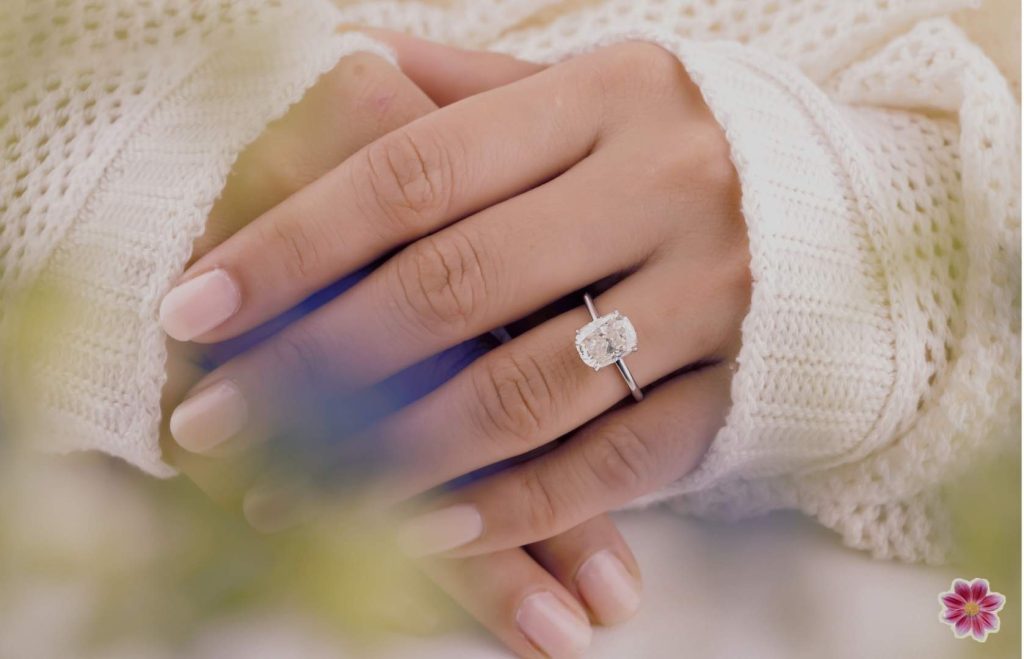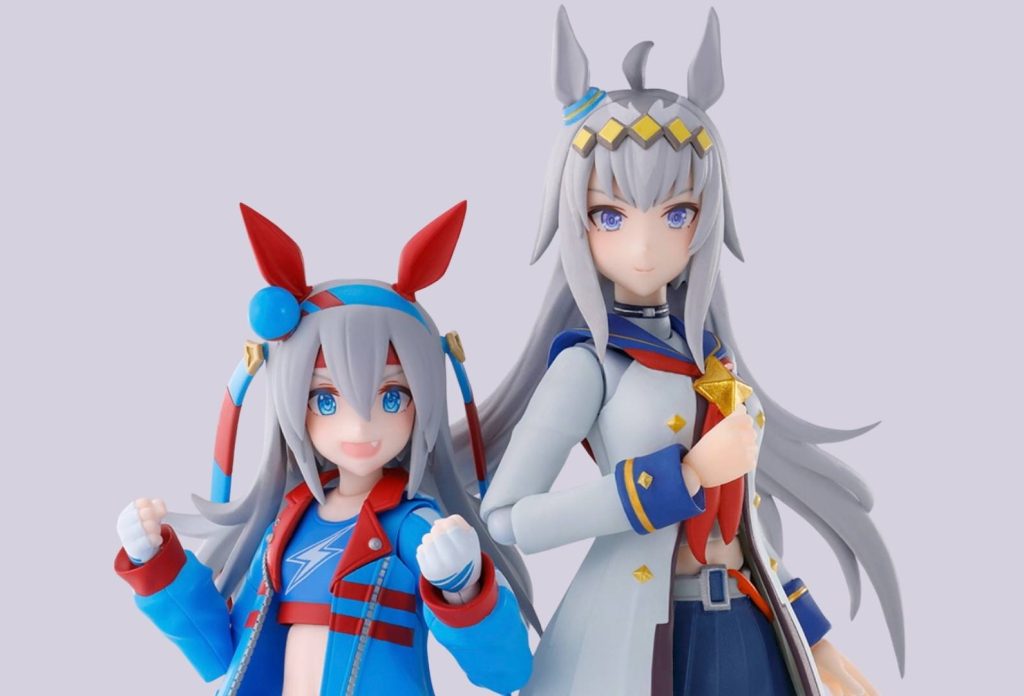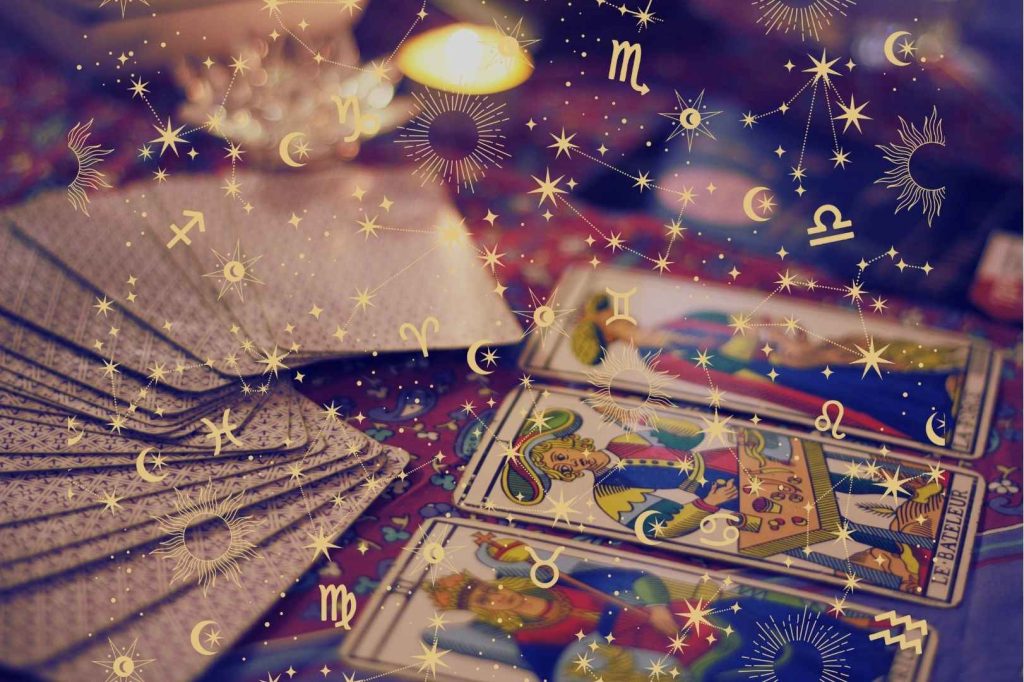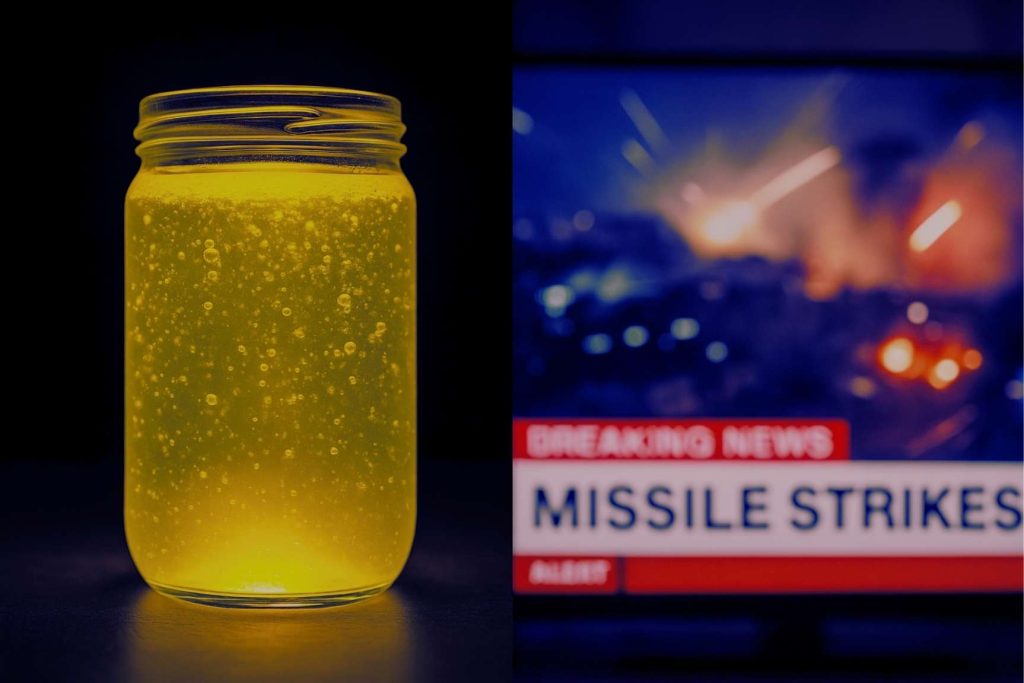Rom-Com Logic – Rom-coms lied to us, but in the best way. They made us believe love could arrive with spilled coffee, missed trains, or awkward dinner tables. It’s absurd, it’s dramatic, but it’s also secretly what we want: a little chaos, a little fate, a little proof that love can find you even when you weren’t looking, but life decided to surprise you.
Now compare that to dating apps, where love arrives in grids and swipes. Optimized, filtered, efficient. The scripts don’t line up. The accident becomes an algorithm, the chaos becomes a questionnaire. And suddenly what should feel like fate just feels… flat.
Why Rom-Com Logic Still Sticks
Rom-coms didn’t survive decades of cultural mockery because of their realism. They lasted because they gave us hope narratives: proof that in a messy, exhausting world, something unexpected could still land. Psychologists call these cultural scripts, stories we carry that help us navigate uncertainty (Holmes, 2007).
A frozen-food aisle meet-cute isn’t just silly; it’s a reminder that connection can come from living, not just planning. Apps, on the other hand, turn love into a task, another thing to optimize between gym classes and emails. That’s efficient, yes. But survival doesn’t always need efficiency. Sometimes it needs surprise.
When Apps Collide With Rom-Com Dreams
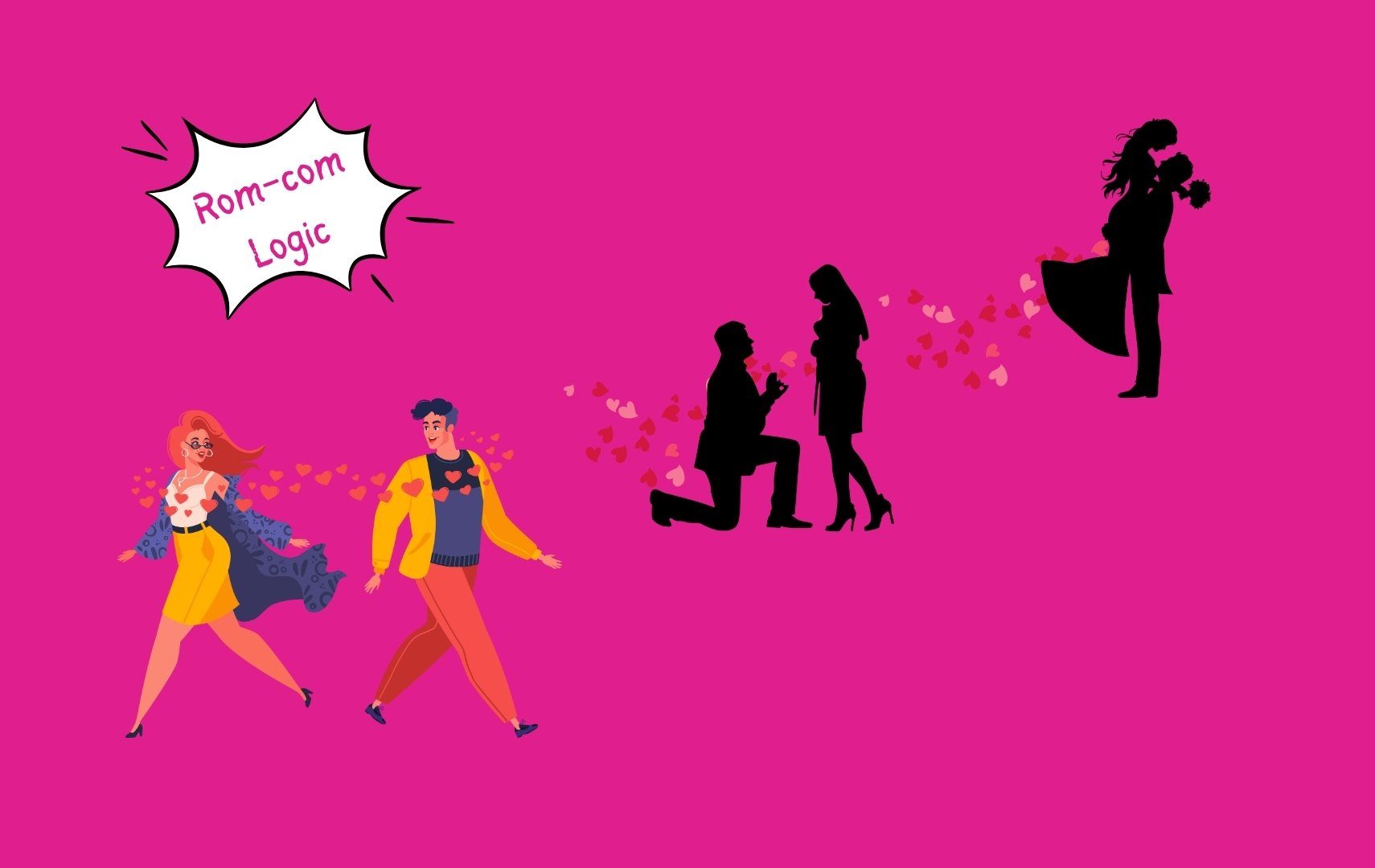
Rom-Com Version | Dating App Version |
|---|---|
You bump into your ex at a bookstore. Sparks fly. | Their profile pops up in your swipe queue. You spend 20 minutes debating whether to swipe right for “closure.” |
You show up late to a wedding, sit at the wrong table, and meet someone unforgettable. | You filter by “single, 28–32, must love dogs” and scroll through 40 profiles. |
You spill coffee on a stranger, only to discover they’re an author whose book changed your life. | You match with an “aspiring writer” who ghosts after two texts. |
You’re dragged to a friend’s awkward birthday dinner and end up talking all night with someone across the table. | You swipe until your thumbs ache, then close the app feeling lonelier than before. |
You miss the last train, share a cab with a stranger, and find connection in the small hours. | You schedule three coffee dates in one week and feel like you’re interviewing candidates. |
Choice Overload vs. Emotional Survival
Psychologists like Barry Schwartz call it the paradox of choice: the more options we have, the less satisfied we feel (Schwartz, 2004). Dating apps are a case study in overload – endless faces, endless possibilities, endless chances to feel like you’re missing out.
Rom-com logic, for all its clichés, offered something different: one person, one moment, one script that mattered. And in an age of burnout, climate dread, and constant crisis, maybe that’s why we still cling to it. It’s not naïve, it’s a survival story. Hope packaged as chaos.
So, What’s Left?
Apps aren’t pure villains. They’re confusing enablers – part killjoy, part lifeline. They connect, but they flatten. They offer efficiency, but at the cost of surprise. Which means if we want any chance of keeping our rom-com potential alive, we have to step off-screen.
Go out. Sit at the wrong table. Join the awkward birthday dinner. Show up at your friend’s game night. Sometimes your next “plot point” isn’t on a grid; it’s one human collision away.
Because maybe the rom-com logic we secretly want isn’t about fate at all. It’s about bumping into life, not just optimizing for it.
References
Holmes, B. (2007). In search of my “one and only”: Romance-oriented media and beliefs in romantic relationship destiny. Electronic Journal of Communication.
Schwartz, B. (2004). The Paradox of Choice: Why More Is Less. HarperCollins.
Further Reading
Rom-coms gave us the fantasy, dating apps gave us the filter, and we’re all trying to survive somewhere in between. If this piece resonated, here are more reads that echo the same cultural and emotional survival themes:
The Illusion of Choice: Do Dating Apps Really Help?
Dating apps promise efficiency, but sometimes all they deliver is decision fatigue. This explores why endless swiping rarely feels like love.
Are You Actually Growing Or Just Running in Place?
Swiping can feel like progress, but is it really? This article questions whether our “busy motion” is masking real growth.
Stop Talking to Your Ex, It’s Not Courtesy, It’s Confusion
Rom-coms make exes part of the plot twist. Apps just keep throwing them back into your swipe deck. This piece unpacks why holding on only tangles us more.
Emotional Survival and Other Things We Don’t Admit Wanting
Behind the noise of modern love is a quieter truth: we all want safety, comfort, and a way to survive the chaos.
Are We Living a Script? – Free Will, Survival, and the Math of Life
Rom-coms hand us scripts, apps hand us algorithms. This article asks: how much of our love story is really ours to write?

